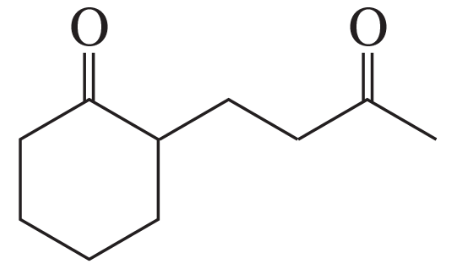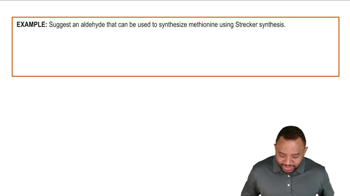Write equations showing the expected products of the following enamine alkylation and acylation reactions. Then give the final products expected after hydrolysis of the iminium salts.
(a) pyrrolidine enamine of pentan-3-one + allyl chloride
(b) pyrrolidine enamine of acetophenone + butanoyl chloride







